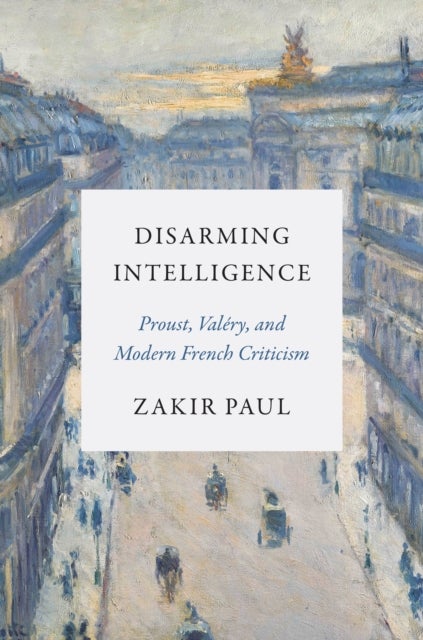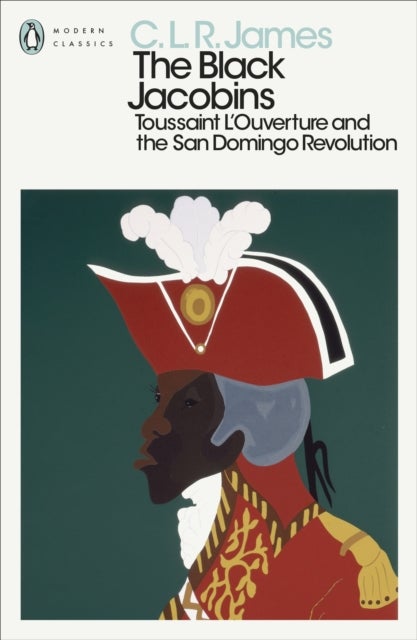
Disarming Intelligence av Zakir Paul
359,-
<p><b>A critical account of the idea of intelligence in modern French literature and thought</b><br><br>In the late nineteenth century, psychologists and philosophers became intensely interested in the possibility of quantifying, measuring, and evaluating “intelligence,” and using it to separate and compare individuals. <i>Disarming Intelligence</i> analyzes how this polyvalent term was consolidated and contested in competing discourses, from fin de si¿e psychology and philosophy to literature, criticism, and cultural polemics around the First World War.<br><br>Zakir Paul examines how Marcel Proust, Henri Bergson, Paul Val¿, and the critics of the influential <i>Nouvelle revue fran¿se</i> registered, negotiated, and subtly countered the ways intelligence was invoked across the political and aesthetic spectrum. For these writers, intelligence fluctuates between an individual, sovereign faculty for analyzing the world and something collective, accidental, and contingent. <i>D








